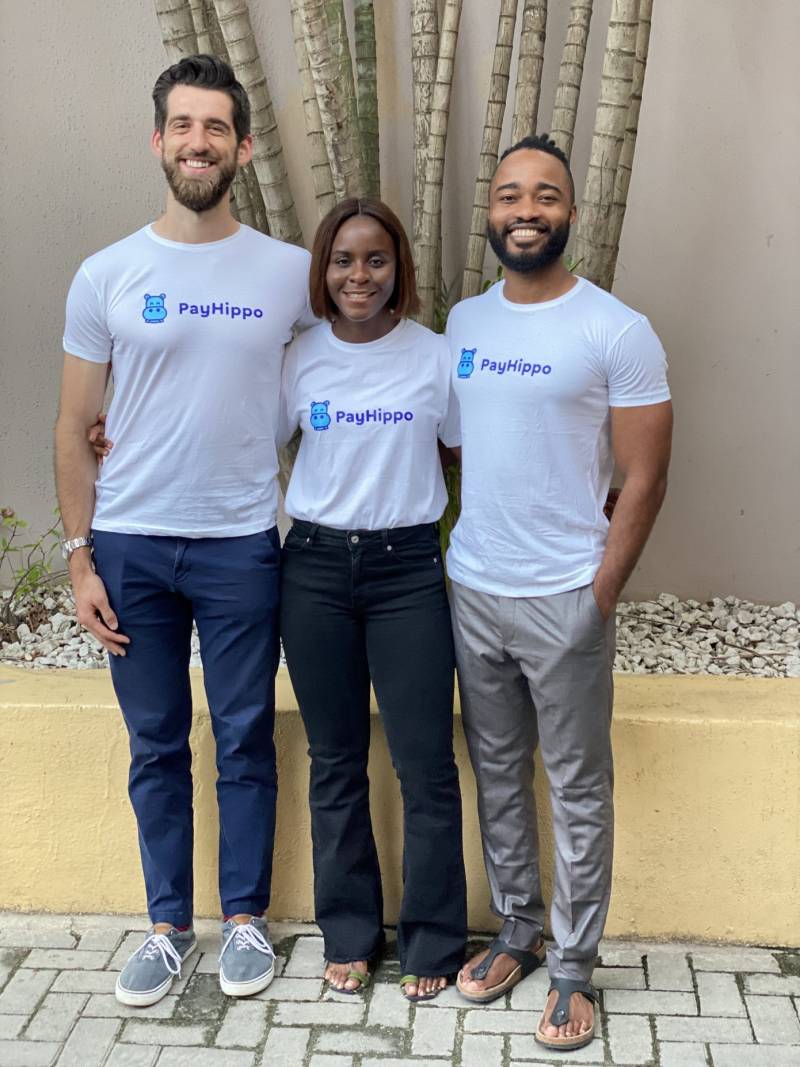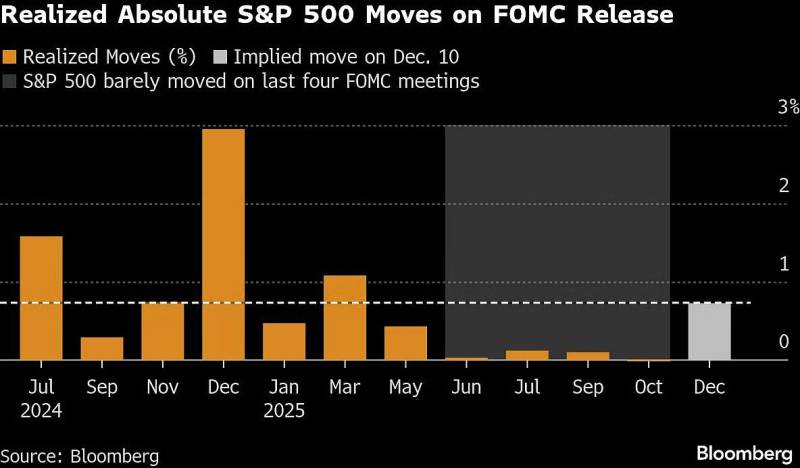Nigeria’s lending startup Payhippo has raised $3 million in a seed round, funding the company plans to use in sourcing the talent needed to optimize its technology as it ramps up effort to extend speedy credit to more small and medium-sized enterprises (SMEs) in the West African country.
The round was led by an array of angel investors, including Ham Serunjogi and Maijid Moujaled, the co-founders of the African cross-border payments company Chipper Cash; Olugbenga Agboola of the San-Francisco based payments firm Flutterwave; Bolaji Balogun, the CEO of investment banking firm Chapel Hill Denham; and Hakeem Belo-Osagie, the founder of Metis Capital Partners.
This is the largest amount Payhippo has raised to date after receiving $1 million in pre-seed funding earlier this year.
The company’s co-founder and chief operations officer, Chioma Okotcha, said they are looking to hire more engineers and data scientists.
“We capture our data from the loans we issue, and more talent in the team would allow us to optimize our technology to serve our customers better,” she said.
Payhippo says it disburses short-term loans in less than three hours, a record that remains unmatched by traditional banking institutions in the country, which often require borrowers to meet stringent conditions, like regular account activity and the maintenance of minimum operating balances. A bank loan application also requires a visit to physical branches and extensive paperwork.
“We really focus on keeping this under three hours, and making sure that businesses can get the money they need when they need it. Ours is also a product that works for the SMEs in terms of a flexible repayment structure,” Okotcha said.
SMEs are the force behind Nigeria’s economy accounting for 96% of businesses and 84% of employment in the country. However, a lack of access to credit continues to hinder their growth and limit their contribution to the country’s GDP, according to a study about bank loans and SMEs in Nigeria, published by the Ilorin Journal of Human Resource Management.
It is this financing gap that Payhippo was designed to bridge since it was founded in August 2019.
“We had seen that traditional banks and lenders wouldn’t loan small businesses mainly because there were no credit scores, or the collateral requirements were too high. We decided to come into the market and create an instant financing option, where we create a credit score that allows small businesses to get the liquidity they need to buy inventory for business continuity,” Okotcha told TechCrunch.
“We use data from historical records that borrowers have built with us, but we also check their banking history to see the actual performance of their businesses,” said Okotcha.
Payhippo applies its own credit scoring formula that uses different SME data to determine the value of loans to give out. The loans are disbursed through mobile phones. The average loan disbursed by Payhippo is about $1,300, with the minimum loan being about $200.
The startup, which is part of the 2021 Y Combinator summer cohort, was founded by Okotcha, Zach Bijesse, now the chief executive officer, and Uche Nnadi, the chief technical officer.
Payhippo says it is banking on its fast turnaround time for loan applications to grow its customer base within Nigeria before venturing to other countries. The company says it has so far disbursed about 5,000 loans since inception, valued at $1 million and with a repayment rate of 97%, earning them $64,000 in revenues. It added that the demand for credit is high, fueling its current 25% month-on-month growth.
Going forward, the company targets to tap the credit needs of the nearly 40 million SMEs in Nigeria to grow its business.
“We know that just 1% of the Nigerian market is about 40,000 businesses, and we want to be in a position where we disburse 40,000 loans in a day,” she said.
Payhippo is one among many digital lenders in Nigeria offering short-term loans to SMEs. Others include Carbon and FairMoney. Last year, FairMoney disbursed a total loan volume of $93 million, representing a 128 percentage point increase from 2019. Carbon also disclosed in an earlier interview that it had hit 659,000 customers last year and had disbursed $63 million in loans, an increase of 9.1 percentage points from the 2019 financial year.
SOURE : techcrunch




